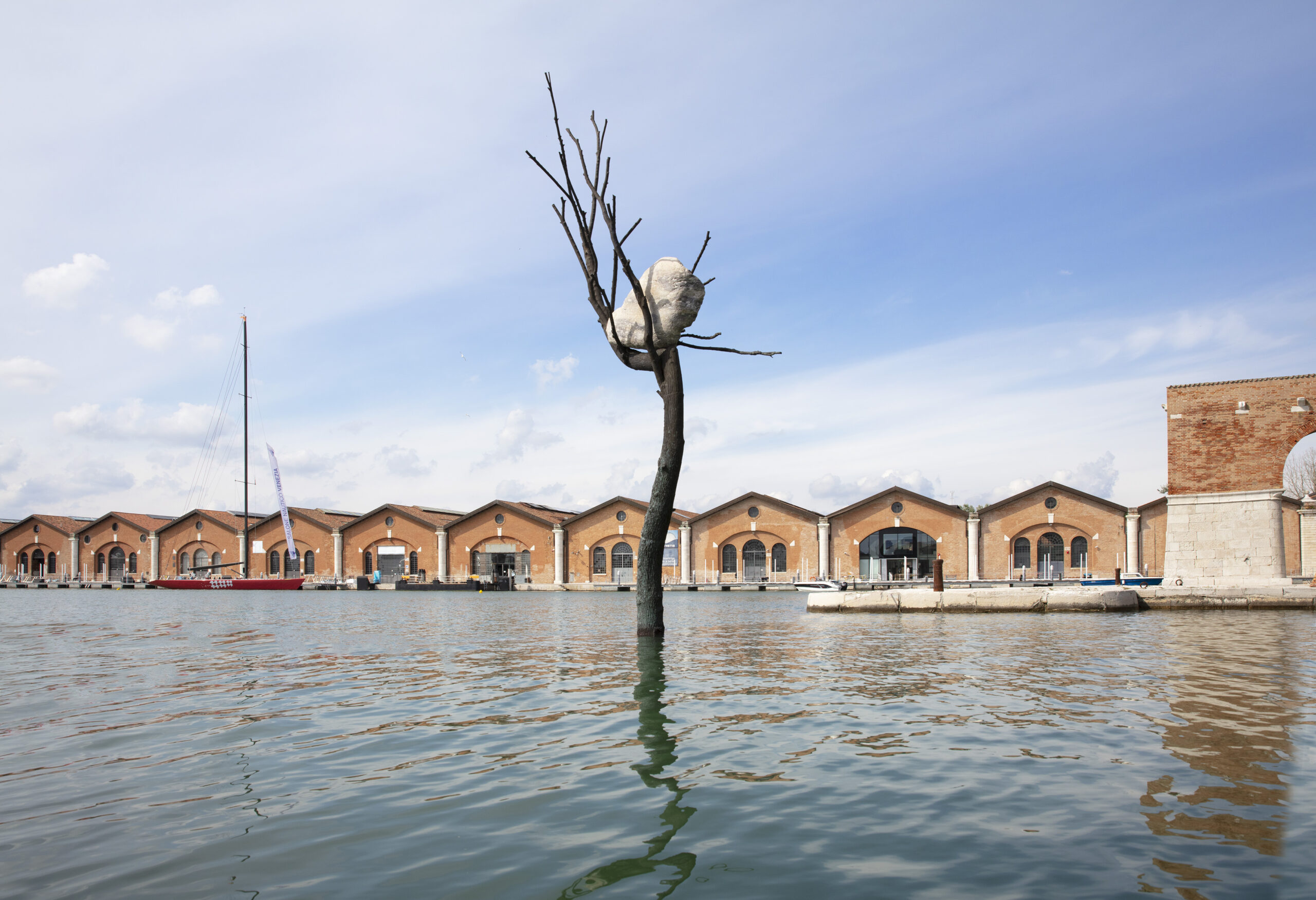Vuslat Dogan Sabancı, a leading voice in gender equality and human rights, as well as the founder of Vuslat Foundation gave a talk on ‘generous listening’ at the symposium in collaboration with Venice Bienalle of Architecture.
Gizem Evgin
Vuslat Dogan Sabancı, a leading voice in gender equality and human rights, as well as the founder of Vuslat Foundation participated in the sixth event of the Meetings on Architecture at the 17th International Architecture Exhibition “How will we live together.”
Vuslat Foundation works to research and develop the knowledge base, tools and methodologies regarding generous listening. It aims to make compassion an integral part of communication. The foundation defines, “generous listening” as a form of listening that hears beyond words, with both the heart and mind.
During the generous listening symposium in collaboration with Venice Bienalle of Architecture, Vuslat Dogan Sabancı started by posing a question to the audience: “Do you ever, when speaking, feel interrupted or pushed to finish your sentence?” She than continued saying “we are all tempted to interrupt, because we care more about what we say and how we say than what we hear when we listen.”
“When we listen we create connections, and we don’t just create any connections. When we listen generously which means engaging our hearts and our minds, we create meaningful joyous connections.”
According to research conducted, people are never happier because they have a bigger house or a better car. What makes people happy is family, friends and the healthy good connections, meaningful connections that they built.
“In an era where any form of speaking is glorified. The power of listening is very much dismissed” says Dogan Sabancı. “It’s all about how many contacts we have, the social interactions we have and so forth.”
In the societal level, the broken connections or the lack of quality of connections brings us to social exclusion, fear of the unknown, prejudice and even violence. According to Dogan Sabancı, after modernity we started seeing each other superior to or separated from nature which brought us to the current state of environmental crisis.
Social media in communications
“Twitter became a channel of angry crowds. Instagram super polished content and everyone wanted to be more sensational, provocative even divisive to be heard more, to get more attention.”
Thus after realizing her idealism of the media had come to a dead end, Vuslat Dogan Sabancı took a year off and intuitively embarked to a series of listening journeys and get out of her comfort zone. She started listening to people that were far away from her circle. She listened to women with conservatively religious backgrounds, lifestyles, she went to prisons, and listened to murderers. Now she says that, “listening is a muscle, just like any muscle. You tone it by practice.”


